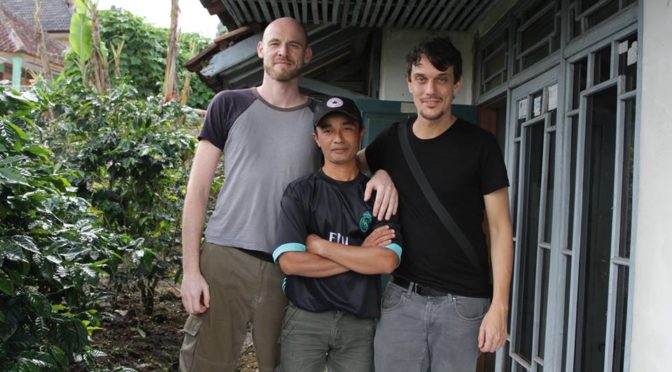Although almost imperceivable, insects represent two-thirds of all life on the planet! Despite constant growing technocracy, our agriculture is still fully dependent on its services. It is therefore in our own interest to find the way how to sustain insects in our agricultural land.
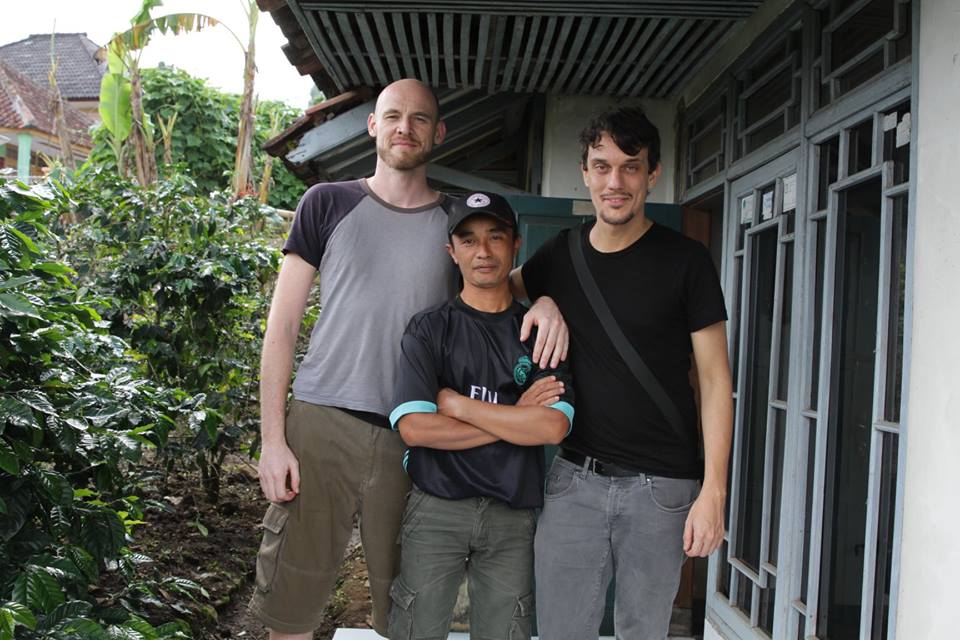
Do we really need insects?
Many people consider insects as a hideous creature causing goosebumps or hysterics because of their alien look-like, hair or number of twinkling legs. However, the importance of insects for the entire ecosystem and life on earth as such is indispensable. Beside essential role as a pollinator, insect secures pest control, nutrient cycles through decomposition and in some cultures it is even an important part of the human diet. So it is no wonder that insect study became a part of environmental-friendly coffee project newly launched by LFP.
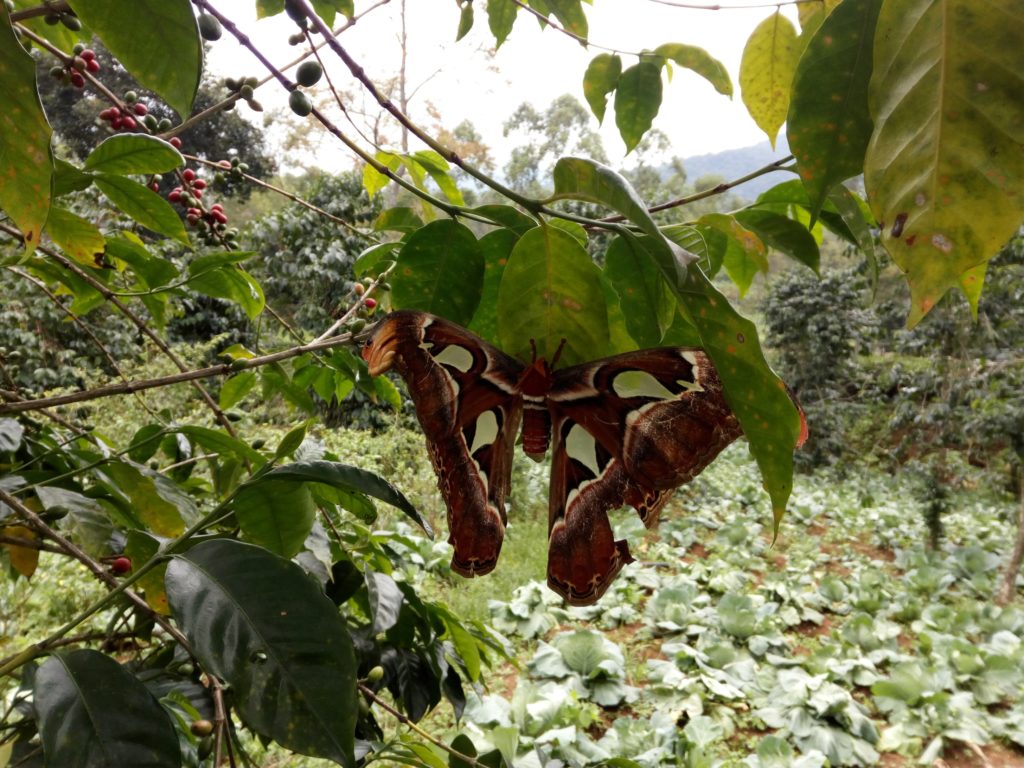
Threats and solutions
Current extensive agriculture prioritizes the quantity over quality. To maximize crops yield an enormous amount of industrial fertilizers, pesticides and herbicides are used. Moreover, monoculture crop fields are preferred. Such conditions are utterly unsuitable for an insect which results in disruption of ecosystem services and soil degradation. Here in Cipaganti, the small-sized plantation boarded by bosks are typical where coffee and tea are major planted crops followed by common vegetable. Particularly these bosks together with organically managed mixed-crops plantations might have high conservation value and serve as a network of refuges for wildlife.
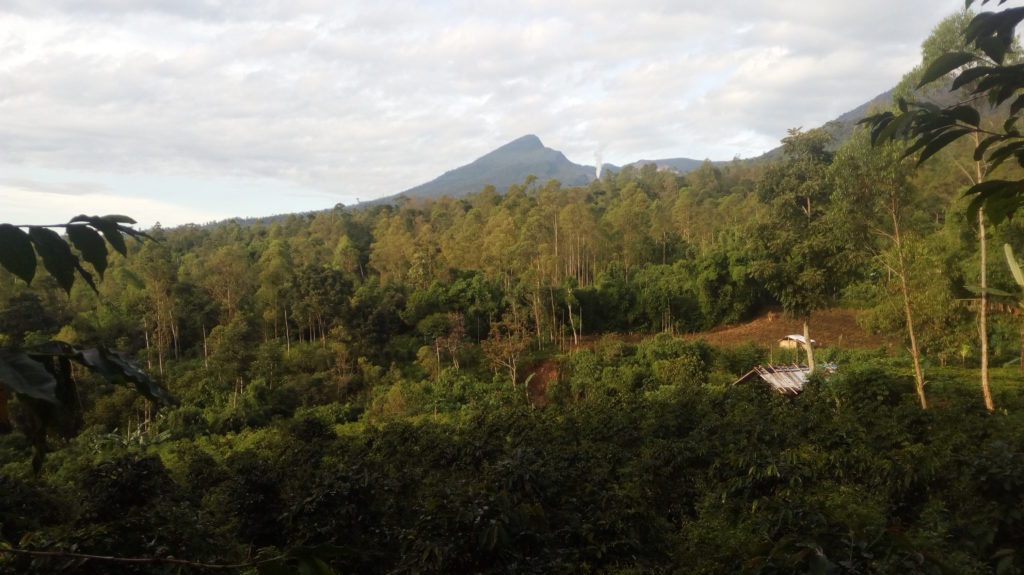
Our research
To promote the benefits of organic agriculture and the importance of wildlife, especially in terms of coffee production, we started a comparative study. Since several farmers already reverted to the organic, we compare both conventional and organic plantations and evaluate the soil quality and diversity of entomofauna. Using several types of insect traps, e.g. pitfall trap, coloured pan trap and beating tray, we started an inventory list of present insect. The second part of this study will take place during the blooming season (May-July).
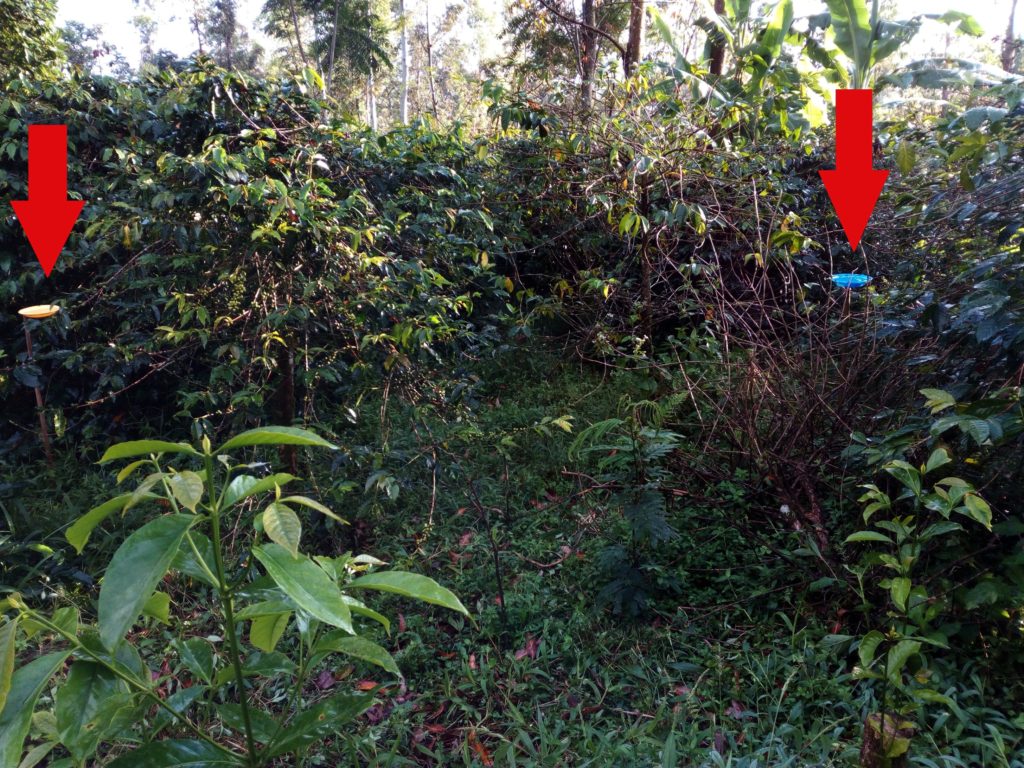
TOMAS BUSINA

